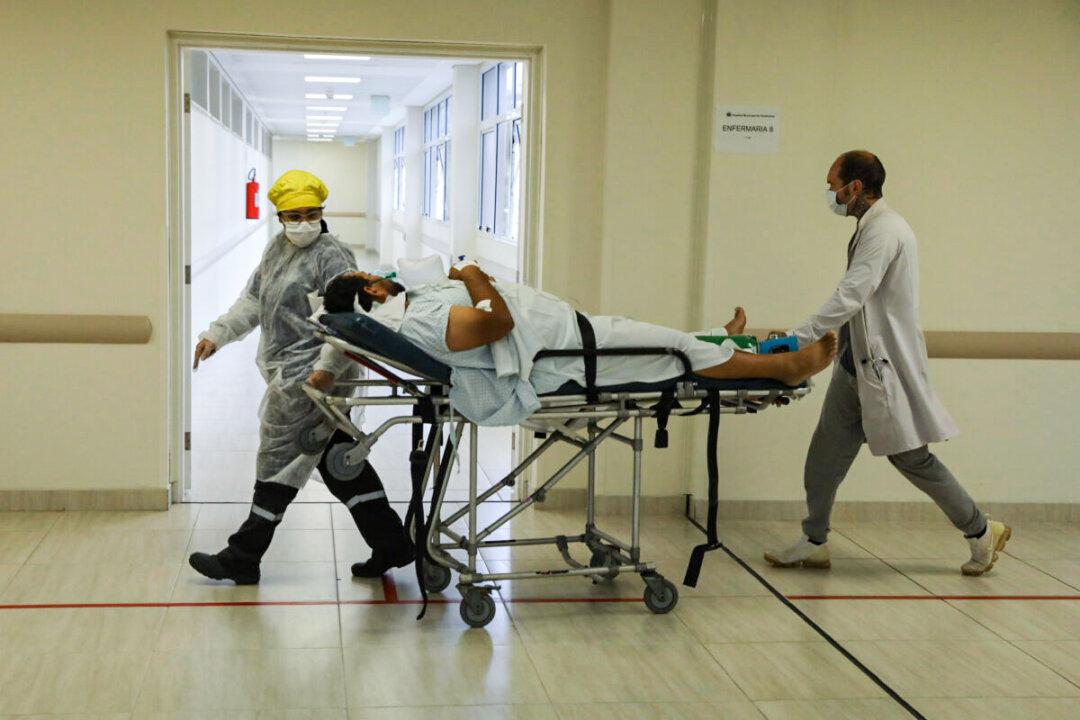A report released on Sept. 14 by the Lancet Commission has highlighted mass failures by governments in their response to the global COVID-19 pandemic, and called the death toll from the virus “a profound tragedy and a massive global failure at multiple levels.”
The Lancet COVID-19 Commission was established in July 2020 and is made up of 28 commissioners who are “leading experts” in areas such as public policy, epidemiology and vaccinology, economics and financial systems, and mental health.




